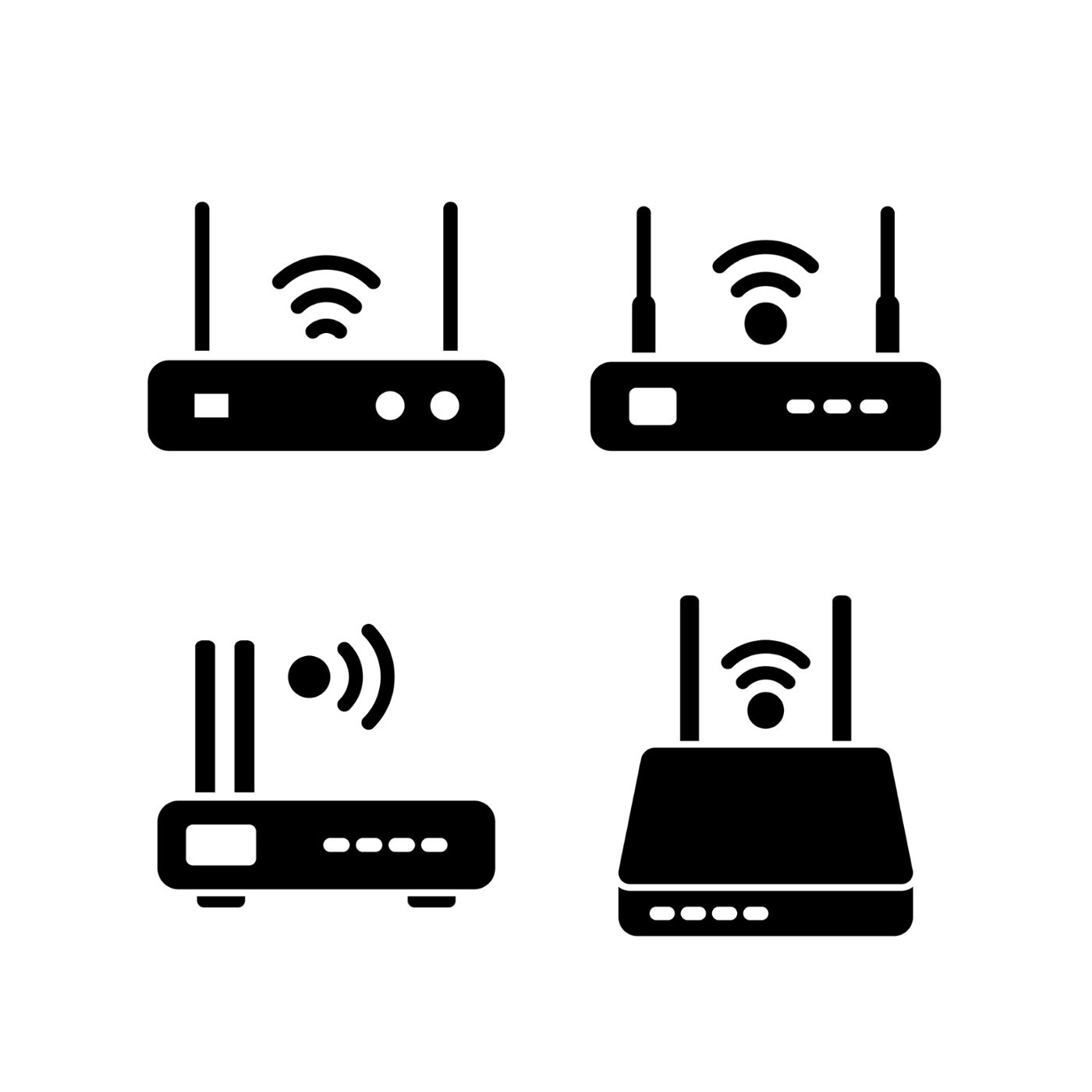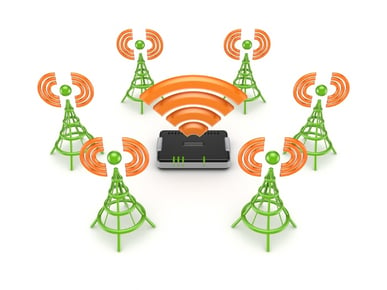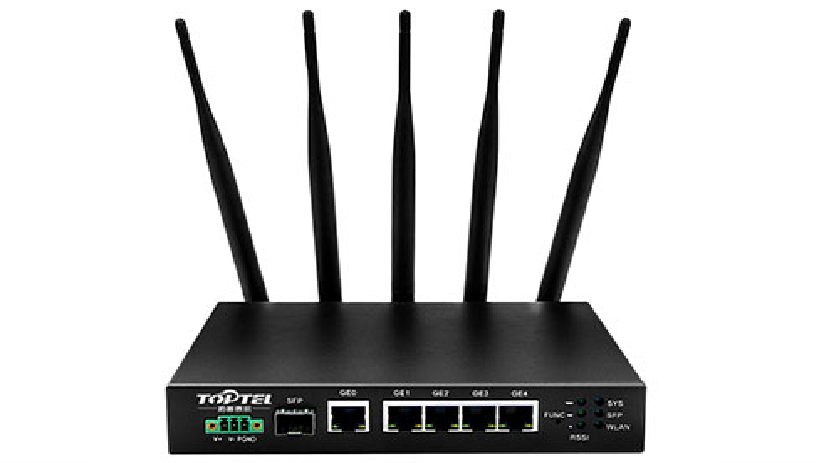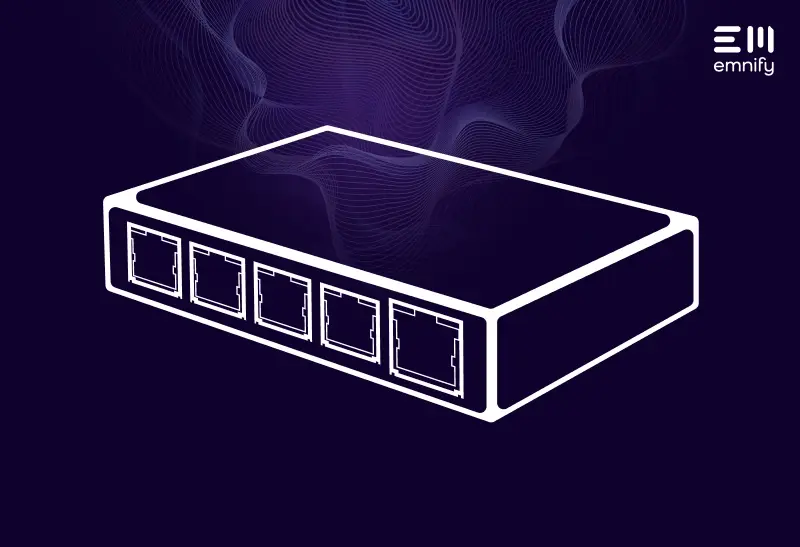

IoT routers play a critical role in your M2M deployments, and they’re not all the same. When you have hundreds or thousands of connected devices dispersed far from your base of operations, you need network infrastructure that empowers your business with robust analytics and secure remote access capabilities, so you can manage deployments and keep security up-to-date from afar.
As a cellular IoT connectivity provider, our customers often ask us to recommend the best IoT router for their applications. We don’t make routers, but our global IoT SIM cards are compatible with most vendors, so we can point you in the right direction without steering you to a specific brand. We often recommend Cisco, Cradlepoint, Teltonika, and Pheonix Contact depending on the application, but there are other brands worth using as well.
Whether your device is designed for water treatment plants, smart manufacturing, or other industrial IoT (IIoT) applications, inadequate networking components can have devastating consequences for your business. The router (and vendor) you choose for your deployment has a major impact on the security, uptime, and capabilities of your entire deployment, so you don’t want to grab any old router off the shelf. You want technology that delivers the quality experience your customers expect from your services. And you want a vendor that can give you the fast, knowledgeable support your business needs.
In this article, we’ll cover the main considerations you should have as you compare IoT routers, including:
- Redundant connectivity options
- Managed connectivity
- Security features
- Customer support
- Industry experience
- Multi-IMSI compatibility
Here’s how to ensure you make the best selection for your application.
Maximize redundant connectivity options
If your router uses a single IoT connectivity solution, such as ethernet or wifi, it’s completely dependent on that network infrastructure. Redundancy is essential for maximizing uptime, and in IIoT applications, even momentary downtime can be risky. How long can your customers operate their machinery without predictive maintenance sensors monitoring for signs of failure? How many hours can you afford to have your EV chargers be offline?
The cost of downtime depends on your use case, but as you compare your options, it’s important to consider how much downtime you’re willing to accept.
Additionally, the connectivity solutions your IoT router supports can severely limit where and how they can be deployed. If the necessary infrastructure isn’t already on site for Wi-Fi, ethernet, or other solutions, you either need another router with alternative connectivity capabilities or the time and resources to build the network infrastructure your router needs.
The best IoT routers come with multiple connectivity solutions to help you increase uptime and versatility. Many vendors outfit their routers with SIM cards to use cellular IoT as a backup solution. Since cellular infrastructure already exists everywhere in the world, a global IoT SIM card ensures the router can stay connected anywhere, even in remote locations.
Look for managed connectivity
Whether you have a handful of IoT routers or thousands of them, it’s vital that you have tools to analyze, control, and remotely access them. A good IoT router vendor will have an intuitive management portal for you or your customers to run diagnostics, analyze connectivity data, and modify settings. This same portal should facilitate remote access for your technicians, so you can keep firmware up-to-date without on-site visits. As holes in your IoT security emerge, you can quickly close them over-the-air (OTA).
Compare security features
A low-quality router makes your entire network vulnerable to cyber attacks. Top-tier IoT routers will have robust security features like built-in VPN tunnels, firewalls, and more. Coupled with a cellular solution like emnify, these same IoT routers benefit from our multi-layered network security as well.
Prioritize quality support
When an hour of downtime costs thousands of dollars (or even thousands of customer accounts), you can’t afford to have support tickets sitting in a vendor’s queue for days, or waiting on hold in the same queue as consumers. Even the best equipment can have issues, and you’re bound to encounter challenges down the road where you’ll need to consult with an expert. So before you start working with a router, it’s smart to vet the vendor’s support services. How many tickets do they typically have open at once, and how quickly do they resolve them? Is it possible to get support on the phone, or are you stuck navigating a labyrinth of articles and forums that may or may not be relevant to your situation?
Superior equipment may not need support as often, but you want to be confident that the vendor is going to be there when you need them, not just when they’re selling you routers. With the top IoT router brands, you can expect quality customer service with knowledgeable representatives. But that’s probably not going to be the case if you try to get by with a router built for consumer use.
Find a vendor that already serves businesses like yours
While it’s valuable to compare each IoT router’s features and capabilities, it’s also worth knowing if a vendor already supports businesses and applications like yours. It may seem unnecessary, but it’s a signal that their equipment already works well in the context you plan to use it for, and that their support personnel are going to be familiar with the challenges you may experience in the field.
So when a vendor highlights their most common use cases or the industries they’re most involved in, how closely do those examples align with what you do? How many devices do their routers typically support? What kinds of devices? What types of data do their customers tend to transmit? The more a vendor’s customer base aligns with your business, the better equipped they should be to serve you.
Make sure it’s compatible with Multi-IMSI SIM cards
In cellular IoT, Multi-IMSI is a crucial technology that enables your SIM card to store multiple carrier profiles—ensuring that you have coverage wherever you need to deploy. If your IoT router is compatible with cellular connectivity but doesn’t support Multi-IMSI SIM cards, you’ll need contracts with multiple carriers and you’ll have to use a different SIM card for each one. emnify’s SIM cards all come with Multi-IMSI capabilities, so you only have one contract, one SIM card, and one connectivity management portal for all of your deployments.
Connect your IoT devices with emnify
Thousands of IoT businesses around the world rely on emnify’s global IoT SIM cards to keep their devices connected. With a single SIM card, your IoT devices have access to more than 540 networks in over 195 countries, making them ready for deployment anywhere in the world. In addition to best-in-class SIM cards, emnify provides a robust, yet simple connectivity management platform to analyze, troubleshoot, and remotely access your connected devices.
Want to see what emnify can do for your IoT application?
Talk to one of our experts today.
Get in touch with our IoT experts
Discover how emnify can help you grow your business and talk to one of our IoT consultants today!

Joe is an experienced engineer in the field of telecommunication systems, applications and IoT. He is currently supporting the sales team for all things technical and is a valued member of the emnify family.



